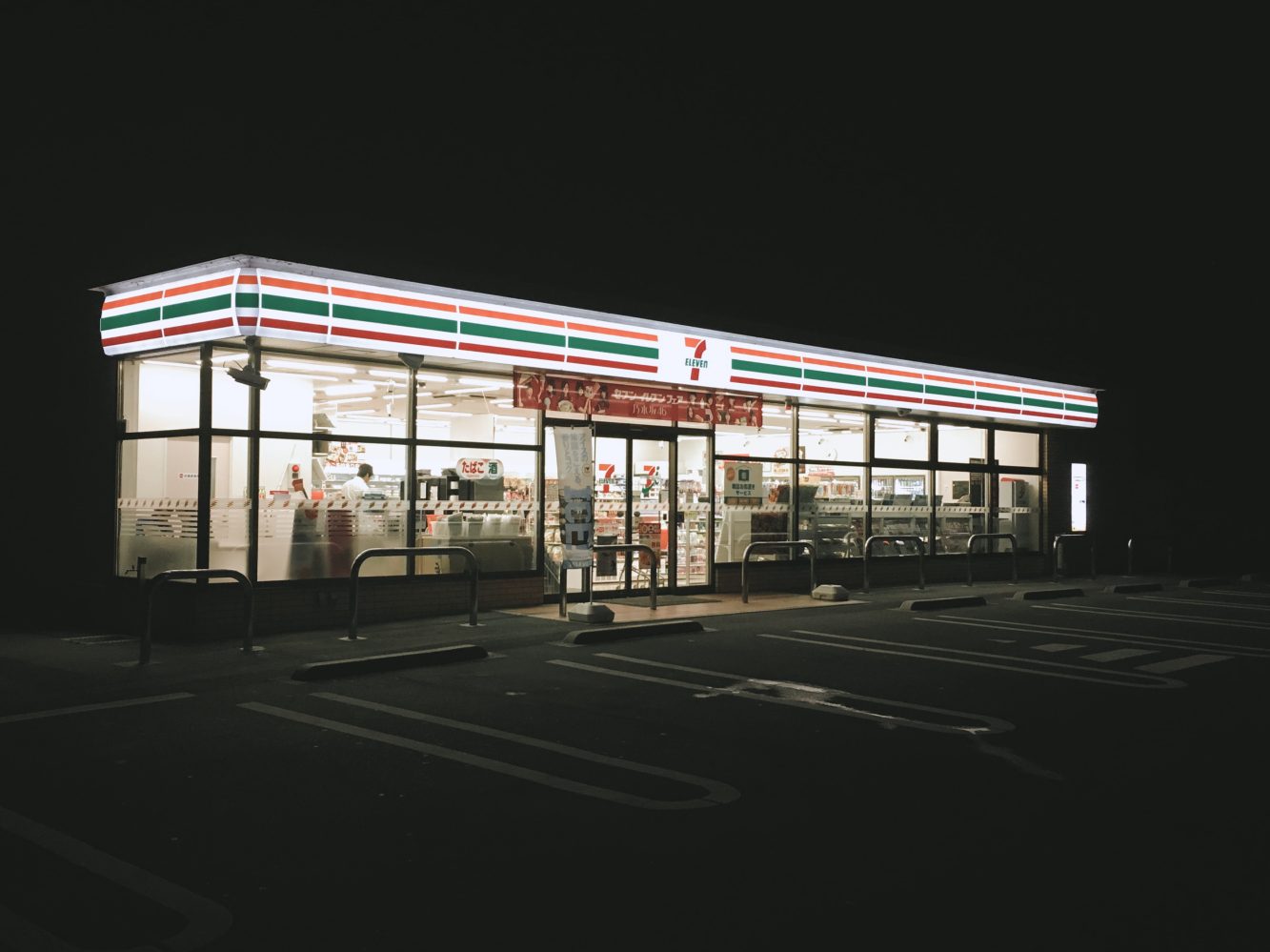
This just might be pushing the convenience store concept a tad too far. According to news reports, the ubiquitous, always-open 7-Eleven chain is preparing to launch an app-facilitated drone delivery service in Japan. Soon, there may be nothing left for consumers to do but pay online, tip the old head back, and open their mouths.
If an article on Arabnews.com is correct, the absolute icon of convenience stores – “open 24 hours a day, 365 days a year,” according to 7-Eleven Japan’s website – is about to make purchasing and consuming even easier across the archipelago. The report says the chain has teamed up with the parent company of All Nippon Airways, ANA Holdings, to test drone deliveries of orders from 7-Eleven stores. If launched as planned as a permanent service in 2025, the initiative will cut a prospective buyer’s proximity to Slurpees and Twinkies to virtually nothing. Ah, the miracles of technology.
According to Arabnews.com, the partners pulled off a successful test drone delivery from a 7-Eleven store in the Tokyo suburb of Hinode to a client waiting in a park about a mile away. Details provided say the 70-something customer used the app to purchase an order of a Japanese winter stew called oden, which the UAV brought to him with nary a drop spilled. Given the 30-minute lapse of time between the moment the food was purchased and could be prepared, loaded, and flown to the customer, however, it might have been interesting to know if it arrived hot as well.
A 7-Eleven Japan representative was quoted as hailing the test and anticipated start of drone deliveries as having “tremendous potential.” That may be an understatement given the over 21,000 stores said to operate in the country – compared to about 9,500 in the US, and over 70,000 worldwide. The bounty of stories, combined with the apparent desire in the country to eliminate that nasty, exhausting walk around the corner in order to satisfy a wicked hankering for Slim Jims, could ignite truly big activity.
Yet the launch and proliferation of drone deliveries from 7-Eleven or similar stores could wind up becoming a careful-what-you-wish-for development. After all, UAVs continue to be considered noisy, annoying, and possibly spying aerial apparitions by people who spot them overhead – including in places where the craft have become a common sight.
Indeed, despite the astonishing success that delivery company Wing has had in Australia, there are still a large number of critics in Aussie suburbs overflown by its drones. Those detractors complain about the noise the vehicles generate, and denounce the potential privacy violations their cameras pose while above people and property.
Residents of one Canberra area, for example, continue battling what they decry as the “negative impact of the drone delivery service on residents, pets, and bird life.” It doesn’t help calm nerves that a healthy percentage of such deliveries haul orders for coffee, toilet paper, and fast food – not exactly essential or urgent goods that couldn’t be fetched on foot or by car. Imagine the uproar if UAV traffic exploded due to three-block aerial transport of Doritos.
Perhaps anticipating that risk in denser urban settings, the partnering companies in Japan say they expect the service to be used most by people living in remote islands or sparsely populated areas of the country. Reaching those clients will presumably require drone flying very, very long delivery missions, or necessitate a 7-Eleven store being their nearest and perhaps only neighbor.
Photo: Ruby Khoesial
FTC: We use income earning auto affiliate links. More.




Comments